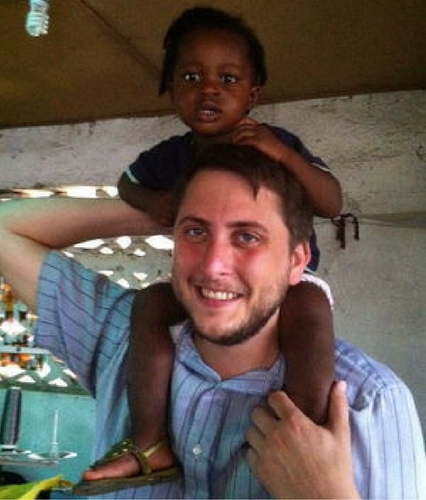Since 2011, AARC member Dr. Michael Davis, PhD, RRT, has worked with the medical system in Liberia to educate a small group of respiratory therapists who could form the core of the profession in that country.
It’s been tough going. In 2014 the nation was rocked by the Ebola crisis, devastating the health care system and putting the fledging Liberian Respiratory Health Care Institute on hold until the epidemic could be brought under control.

In some countries, that would have spelled the end for the RT program. While the RT students closed their books and pitched in to help with the immediate health care needs of their fellow citizens, Dr. Davis and his colleague in Liberia, American-trained respiratory therapist Joseph Moore, RRT, vowed to keep the program going. Now their efforts are paying off.
The first nine RTs have graduated from the program and the Liberian RT board exams were finally approved this past spring.
“All nine took them, eight passed, and one is retaking this August,” said Dr. Davis, who serves as an assistant professor at the Medical College of Virginia at Virginia Commonwealth University in Richmond.
Another 11 students are now enrolled in the program and more are lining up for a new entry class beginning this fall.
The newly minted RTs are already having a big impact.
“They are the first respiratory care practitioners in their country and are truly introducing both basic and advanced respiratory care there,” said Dr. Davis, who spent most of this past spring in Liberia working with the program. “They are the primary caregivers to respiratory patients and the educators of other medical staff in these areas.”
Now he and his colleagues are spreading the reach of respiratory care into other areas of the country as well. Six additional counties have respiratory care programs of their own, and more are on the drawing board. Respiratory care services are expanding too.
“Recently, I formed a partnership with the TB and Leprosy Annexes in Liberia to introduce much-needed respiratory care to those centers,” Dr. Davis said.
Dr. Davis hopes the video you see here, which was made by a colleague who is also a filmmaker, will help get the word out about the tremendous growth being seen in respiratory care in Liberia.
“This seemed like a great way to spread awareness of the need for and feasibility of respiratory care in resource-limited environments, and to simultaneously allow the voices of our Liberian students and colleagues to be heard,” he said. “We plan to share it openly with all of those interested in seeing it, with the hope of spreading this story and generating awareness of the importance of respiratory care worldwide.”
In the meantime, Dr. Davis and the non-profit organization he co-founded, PARTNER LIBERIA, will continue to work toward respiratory health, child welfare and clean energy solutions in Liberia.
